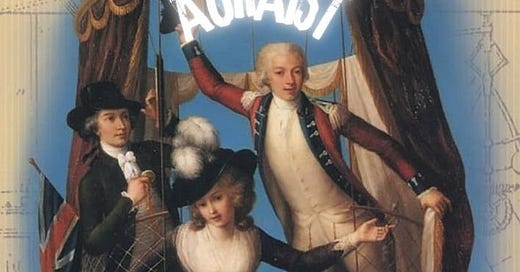Welcome to the 1000 new subscribers who’ve signed up in the past month, thanks to the Auraist readers recommending and otherwise promoting us.
Gift a friend a subscription to the only publication se…
Keep reading with a 7-day free trial
Subscribe to Auraist: picking the best-written books to keep reading this post and get 7 days of free access to the full post archives.





